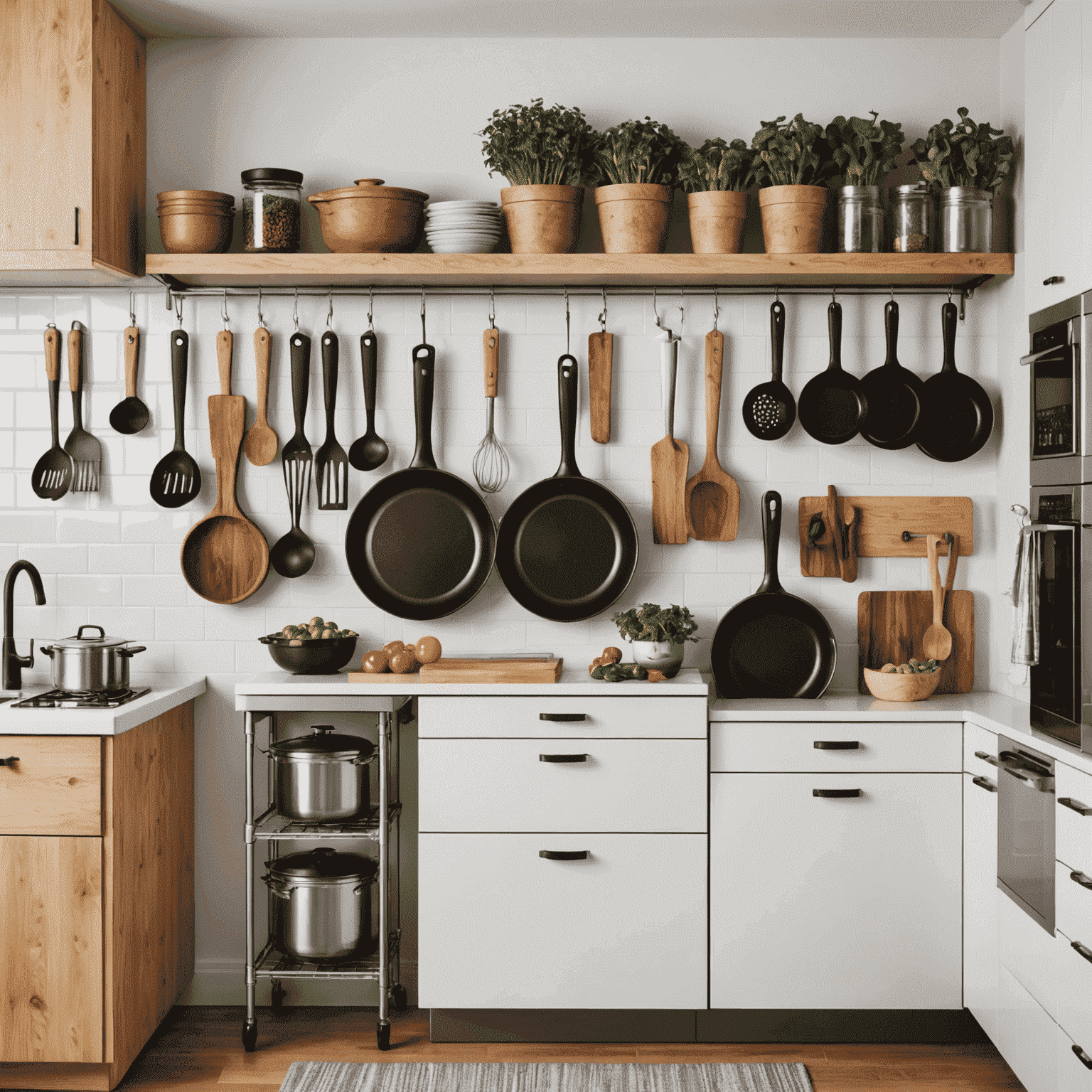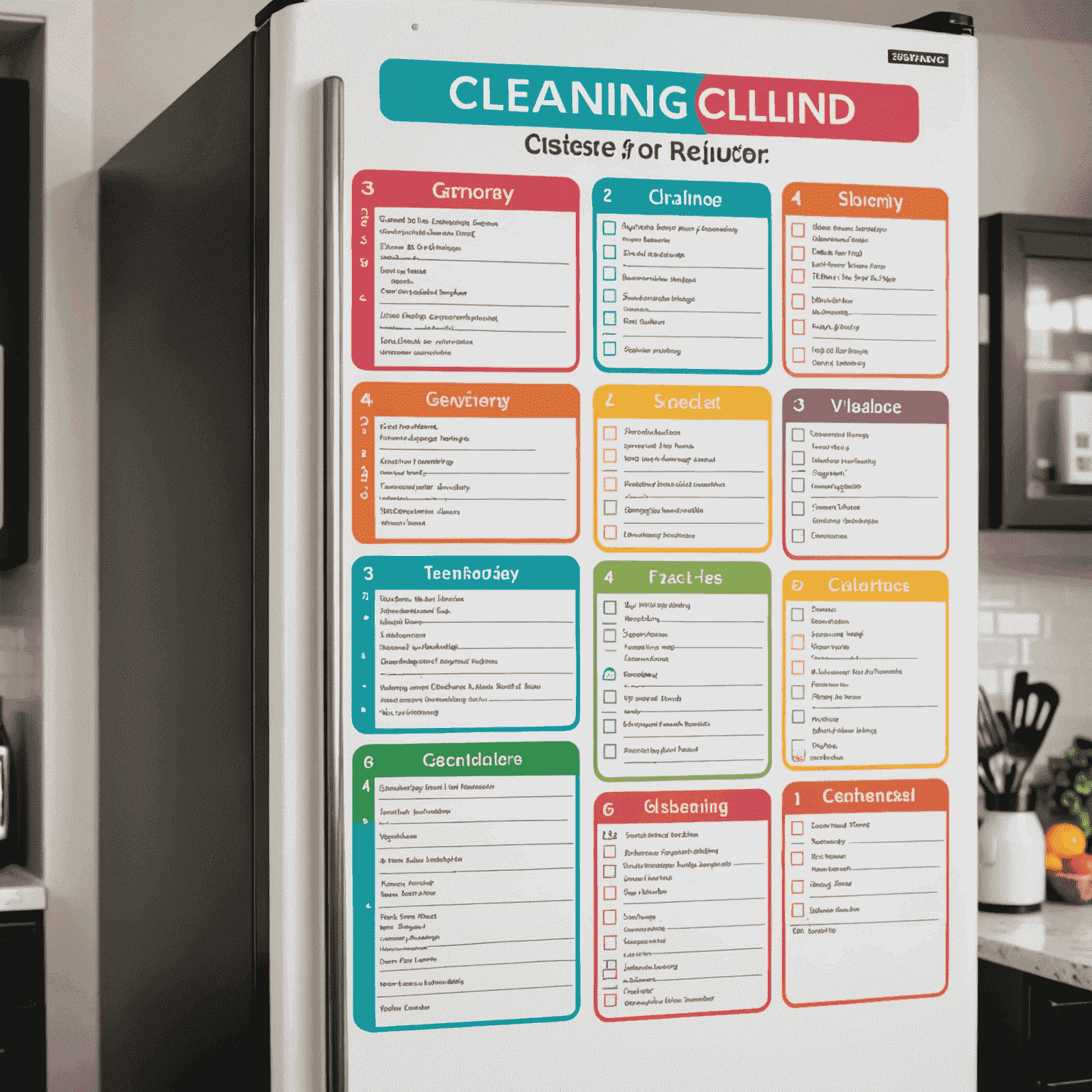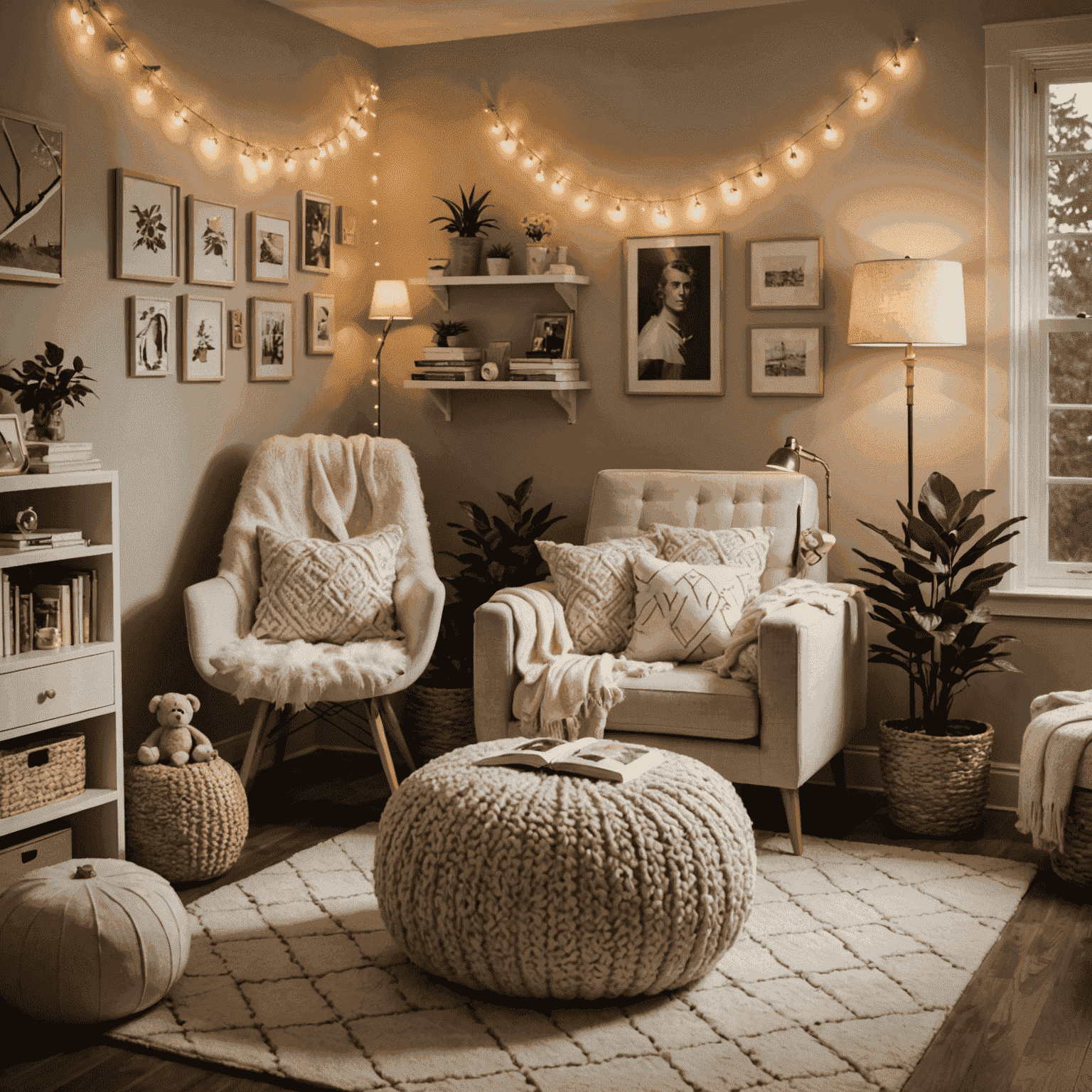Shared Space Organization: Your Guide to Harmonious Living
Living with roommates can be a wonderful experience, but it also comes with its own set of challenges. One of the biggest hurdles is organizing shared spaces to minimize conflicts and maximize personal comfort. Here's our practical guide to help you create a harmonious living environment.
1. Establish Clear Zones
Start by defining clear personal and shared areas. This helps set boundaries and reduces potential conflicts.
- Personal zones: Bedrooms, designated shelves in the bathroom
- Shared zones: Living room, kitchen, shared bathroom spaces

2. Smart Storage Solutions
Maximize your space with clever storage ideas:
- Use vertical space with tall bookcases or over-door organizers
- Invest in multi-functional furniture like ottoman storage or bed risers
- Label bins and baskets to keep shared items organized

3. Create a Cleaning Schedule
A clean home is a happy home. Develop a fair cleaning routine:
- Rotate weekly chores like vacuuming, dusting, and bathroom cleaning
- Use a shared digital calendar or a physical chore chart
- Agree on standards of cleanliness to avoid misunderstandings

4. Implement a System for Shared Items
For items everyone uses, create a system to ensure fair usage and replacement:
- Use a whiteboard for grocery lists and shared expenses
- Agree on a method for marking personal food items
- Set up a kitty for shared household items like cleaning supplies
5. Respect Quiet Times
Establish quiet hours to ensure everyone can relax and recharge:
- Agree on reasonable quiet times, especially during weeknights
- Use headphones for late-night entertainment
- Communicate in advance about guests or events that might disrupt the usual routine
6. Create Cozy Personal Spaces
Even in shared living, it's crucial to have a personal retreat:
- Use room dividers or curtains for added privacy in shared bedrooms
- Personalize your space with photos, artwork, or plants
- Invest in noise-cancelling headphones for moments of solitude

Conclusion
Remember, the key to successful shared living is open communication and mutual respect. By implementing these organizational strategies, you can create a living space that feels comfortable and personal for everyone involved. It's all about finding the right balance between shared responsibilities and individual needs.